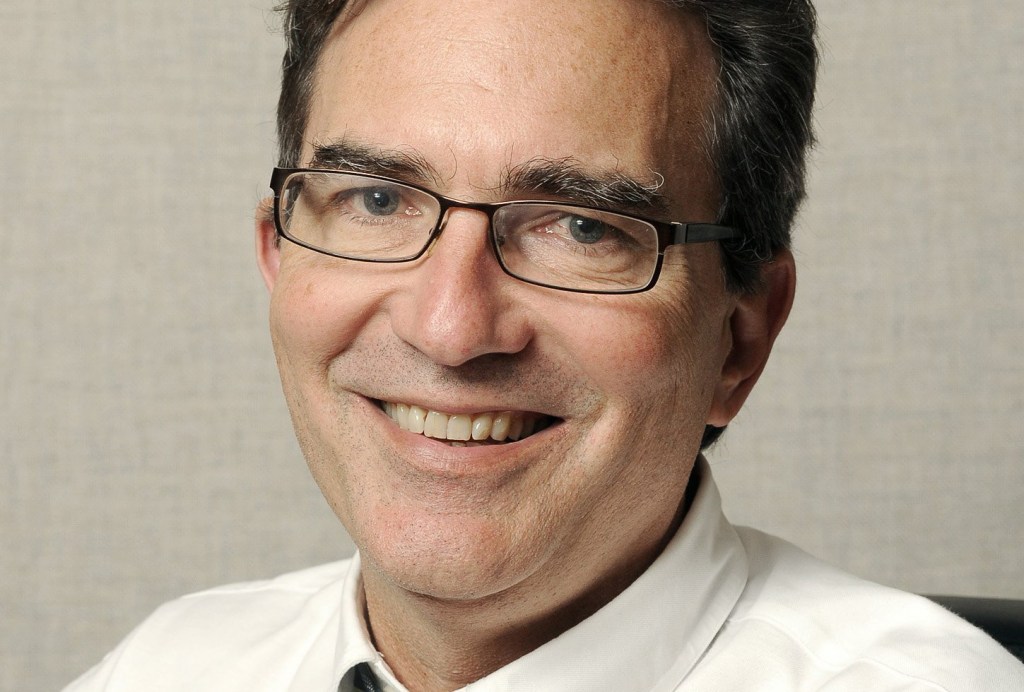Former Maine Attorney General James Tierney gave a speech in Lewiston last month designed to make you feel uncomfortable.
He said that Maine’s well-documented aging problem is really a racial problem, and if we don’t actively attract people who are not white to move to the state, we will become a repository for those too old and poor to chase economic opportunity elsewhere.
Race is something most of us would rather not talk about, says Tierney, a Lisbon resident who lives part time in New York City, where he is director of the National State Attorneys General Program at Columbia Law School. But the consequences of not talking about it would be much worse for Maine.
“I really understand why we do not talk about race. I have lived here all of my life, and the truth is that we like things the way they are,” he said. “While we may like Maine this way, we are on an unsustainable path, and being a leader means talking about unavoidable and, perhaps to some, unpleasant realities.”
When we say Maine is rapidly aging, what we are really saying is that the state is 96 percent white.
Our white people are not getting older any faster than white people anywhere else, or giving birth less often than other white Americans. But Tierney cites census data that shows that 93.3 percent of the nation’s population growth comes from nonwhite people, and the vast majority of them don’t live here.
That means that if something doesn’t change, there will be fewer Mainers to take jobs, rent apartments, buy homes, send kids to school, pay taxes and support local economies.
In Tierney’s analysis, Maine can either stay white or develop economically, but it can’t do both.
The challenge of Maine’s aging population was the subject of a three-state conference Tuesday with officials from New Hampshire and Vermont, states that face much the same demographic problems.
Here are some familiar statistics: Maine has the highest median age of any state in the union and the highest percentage of baby boomers (born between 1946 and 1964). They make up 29 percent of our population and reach their 65th birthday at a rate of 18,000 a year.
In his speech, Tierney looked at some other numbers.
He reported that 12,800 babies were born in Maine in 2013, and 13,400 kids entered kindergarten in September.
“If none of these young mothers move out of state, unless we import some young families, the drop in kindergarten will be 600 in just four years, a drop of (nearly) 5 percent,” he said.
That translates right through the school system, with classrooms full of students disappearing every year. It fuels the declining enrollments in our state university system, and leaves jobs unfilled. A low unemployment rate is good – unless businesses move jobs elsewhere because of a lack of labor.
The gap won’t be filled by young Maine natives who have left the state over the years because of its lack of career opportunities. According to Muskie School economist Charles Colgan, even if every Maine-born adult in their 20s and 30s returned to the state, Maine would not fill half of its workforce needs. There just aren’t enough Maine natives to sustain Maine.
And immigration from other states is not going to fill the gap either, Tierney said. Millions of Americans visit Maine every year, and hundreds of millions know that we are here. If Maine were really as attractive a place as most of us would like to think, Tierney says, we wouldn’t be facing this problem.
That leaves only immigration to build the workforce, and looking at where the world’s population growth comes from, it means welcoming people from Africa, Asia, Central America, South America and Mexico.
This creates a political problem that most politicians get wrong, Tierney says.
One group focuses on the costs to taxpayers for education and housing assistance for new immigrants. Another group focuses on the moral necessity of helping people in need.
And the biggest group says nothing, treating immigration as a local problem for Portland and Lewiston.
All of them miss the main point, he says, which is that our lack of racial diversity is killing the state that we love.
“Maine at every level needs to be open to those from somewhere else, regardless of whether their faces are black, brown or yellow, and regardless of whether they arrive speaking English or practice a religion that is not ours,” Tierney said. “If Maine wants to survive – not grow, but survive – we have to go get more people.”
The speech is available on the Bates College website, www.bates.edu, as audio, video or an annotated text version with an extensive list of sources.
It’s well-reasoned, provocative and guaranteed to make you feel uncomfortable.
Greg Kesich is the editorial page editor. He can be contacted at 791-6481 or at:
gkesich@pressherald.com
Twitter: gregkesich
Send questions/comments to the editors.




Comments are no longer available on this story